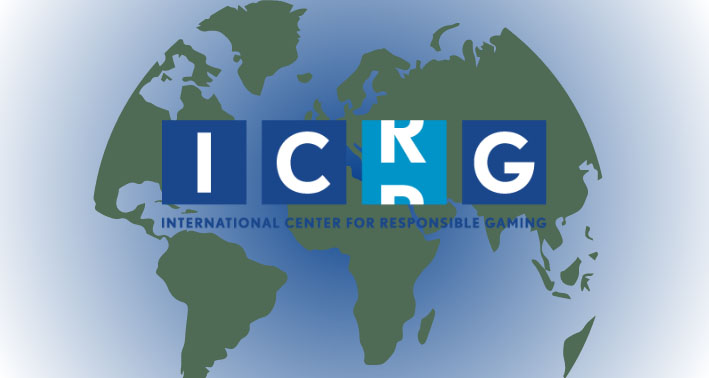
ICRG Policy on Academic Integrity and Research Misconduct
“Research misconduct is defined as fabrication, falsification and plagiarism, and does not include honest error or differences of opinion.” (ORI 2005)
ICRG is committed to ensuring the academic integrity of all research funded with its grants. ICRG conducts multiple reviews of grant applications and related proposals every year. Peer reviewers who believe they have identified research misconduct in the form of fabrication, falsification or plagiarism are required to alert ICRG’s Senior Research Director immediately upon such concern. The allegation must not be discussed during peer review, and the reviewer making the allegation will be reminded of the ICRG policy on confidentiality. An application flagged for possible misconduct will still be put through the peer review process.
Within 30 days of being alerted to possible misconduct, the Senior Research Director will convene a meeting of the Scientific Advisory Board (SAB) to discuss the allegation. The Senior Research Director will be required to assess any conflicts of interest within the SAB prior to the meeting.
Within 30 days of such meeting, the SAB will decide by at least a two-thirds/majority vote of all of its then members if the alleged misconduct should be reported to the grant applicant’s institutional office of research integrity. Alleged misconduct must be deemed egregious in the eyes of the SAB to be so reported. The Senior Research Director will then be solely responsible for any communications with the applicant’s institution on behalf of ICRG.
NIH Office of Scientific Integrity Definitions for purposes of this Policy: Fabrication: Making up data or results and recording or reporting them. Falsification: Manipulating research materials, equipment, or processes, or changing or omitting data or results such that the research is not accurately represented Plagiarism: The appropriation of another’s ideas, processes, results, or words without giving appropriate credit
References:
Handling Misconduct | ORI – The Office of Research Integrity. (2005). The Office of Research Integrity. https://ori.hhs.gov/handling-misconduct
Eisner, R., & Vasgird, D. (2003). Responsible Conduct of Research : Research Misconduct. https://Ccnmtl.Columbia.Edu/Projects/Rcr/Rcr_misconduct/WinResources.Html.
2026 Grants Program
Coming soon!

